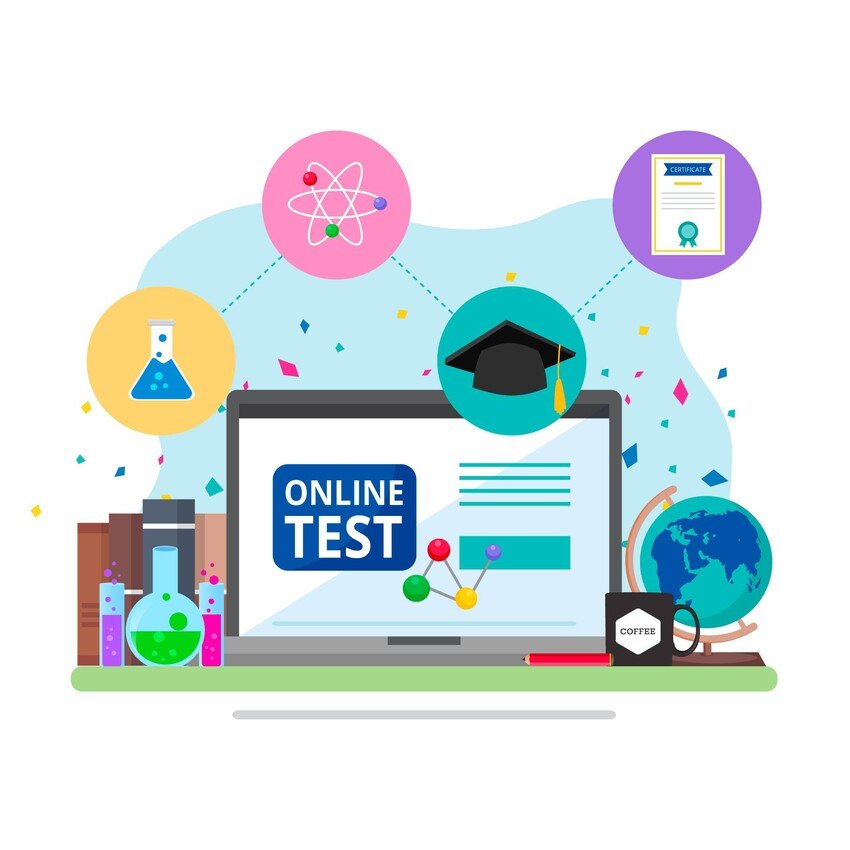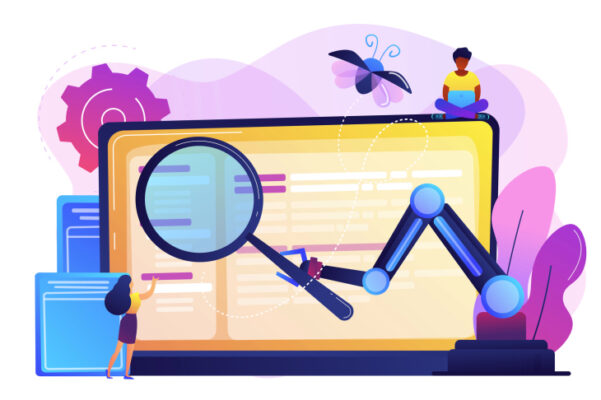Considering software testing as a career path? You’ve come to the right place. Because in this article we’ll explain how it can be a perfect career move for you in 2020.
Simply put, software testing is the process of verifying a computer program/system to determine whether it meets the specified requirements and produces desired outcomes. In this process, you identify bugs in software products/projects. A software tester is responsible for the following:
- Reading all the documents and understanding what needs to be tested.
- Deciding how to test.
- Informing test lead about the required resources for testing.
- Developing test cases and prioritizing testing activities.
- Executing all the test cases, reporting defects, and defining priority and severity for each defect.
- Conducting regressions tests whenever changes are made to the code.
To become a software tester, you have to be equipped with a set of specific technical and no-technical skills. Technical skills include knowledge and experience of using test management tools, defect tracking tools, automation tools, Linux commands, and Database/SQL. Whereas non-technical skills such as analytical skills, communication skills, time management, and organization skills, attitude, and passion are highly valued by organizations when hiring a tester.
So why should you opt for software testing as a career path?
1. Great Returns
On average, a software testing company in the US offers its testers salary packages varying from $45,000 to $75,000 and give bonuses, health insurance, gratuity, and other perks. Salaries are dependent on factors such as experience, skills, organization, etc.
2. Opens Doors for Other Career Paths
If you enter a software testing company, you just don’t stay a tester till the end of your career. Your career evolves according to your interests.
- Tester to Developer: Testers have what it takes to be developers and companies are never hesitant to shift resources if they see the potential for their interest. Many people get into a testing job in hopes to get an opportunity in development.
- Tester to Manager: Testers with good communication and leadership skills climb up the ladder very quickly. They are promoted to the positions of team leads or even assistant managers where they get the chance to coordinate projects and manage tasks of others.
- Tester to Scrum Master/Program Manager/Business Analyst: This transition is very natural since most of the tasks testers do are very much related to the work these roles do analyze problems related to feature work, managing stories, and sometimes managing the overall work of the project. Getting certifications in these areas while continuing to do testing can be very helpful for you if you want to make this shift.
- Tester to Automation Specialist: If you’re a tester in this age, you may have a good grip on automation. This can open the door for countless opportunities that are related to automation.
Furthermore, testers can specialize in various areas such as mobile testing, data analytics, data testing, usability testing, accessibility testing, security analysts, performance testing, DevOps, quality coaching, etc.
3. Great Future
For a software testing company, the future and some experts believe that testing will grow faster than development. Reason?
- The growing emphasis on quality
- In Agile environments, testers’ work starts way before developers’ and proceeds for the duration of the existence of the project. This results in more superior learning.
- Increasing creativity
- Great salaries
- Challenging
According to experts and statistics, the fastest growing form of testing in the coming decade will be security and vulnerability testing. With cyber-attacks regularly making the headlines, companies are now spending big bucks to tighten their security.
I hope this article has benefited you and added more to your knowledge regarding this rapidly growing industry.
Read Dive is a leading technology blog focusing on different domains like Blockchain, AI, Chatbot, Fintech, Health Tech, Software Development and Testing. For guest blogging, please feel free to contact at readdive@gmail.com.





